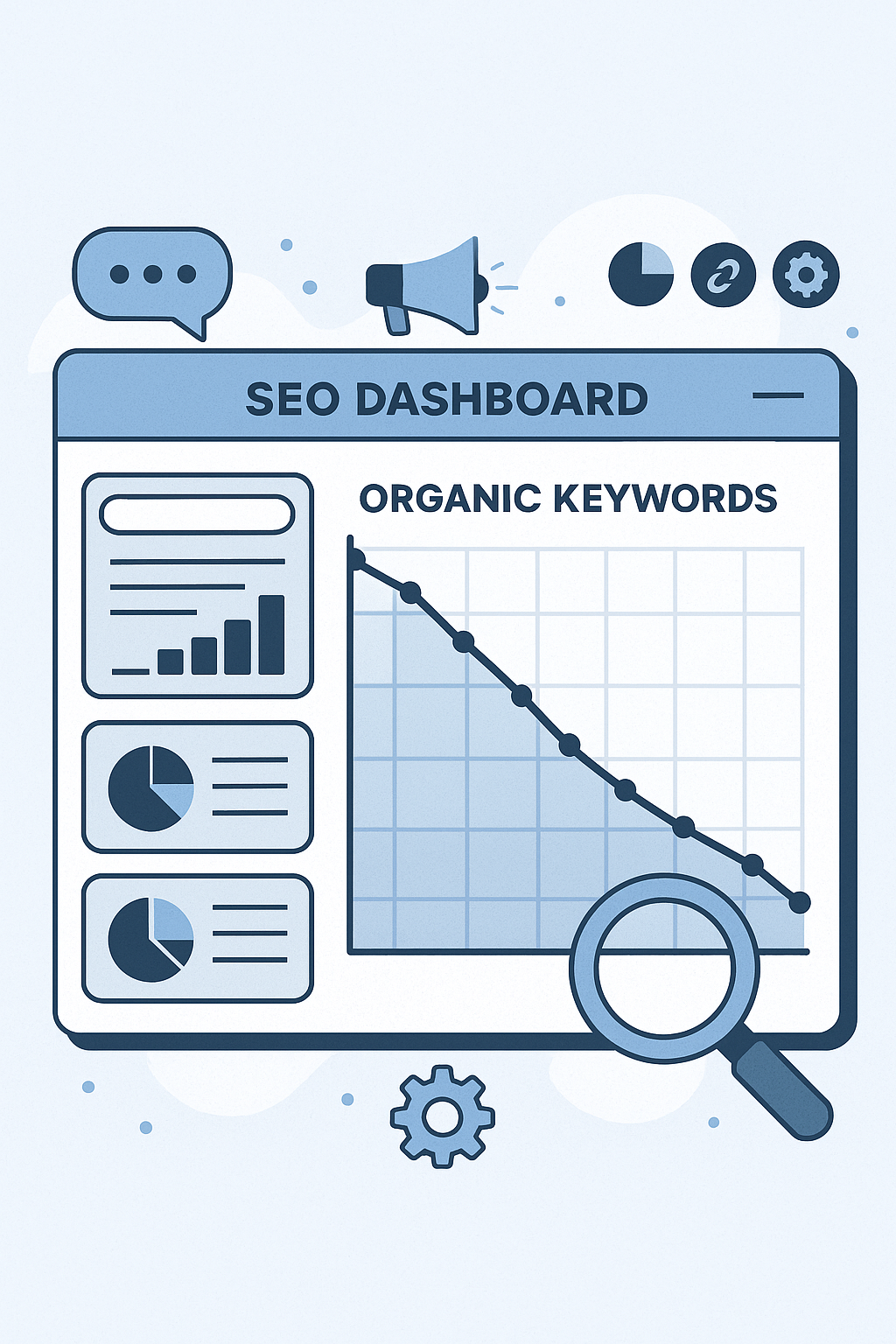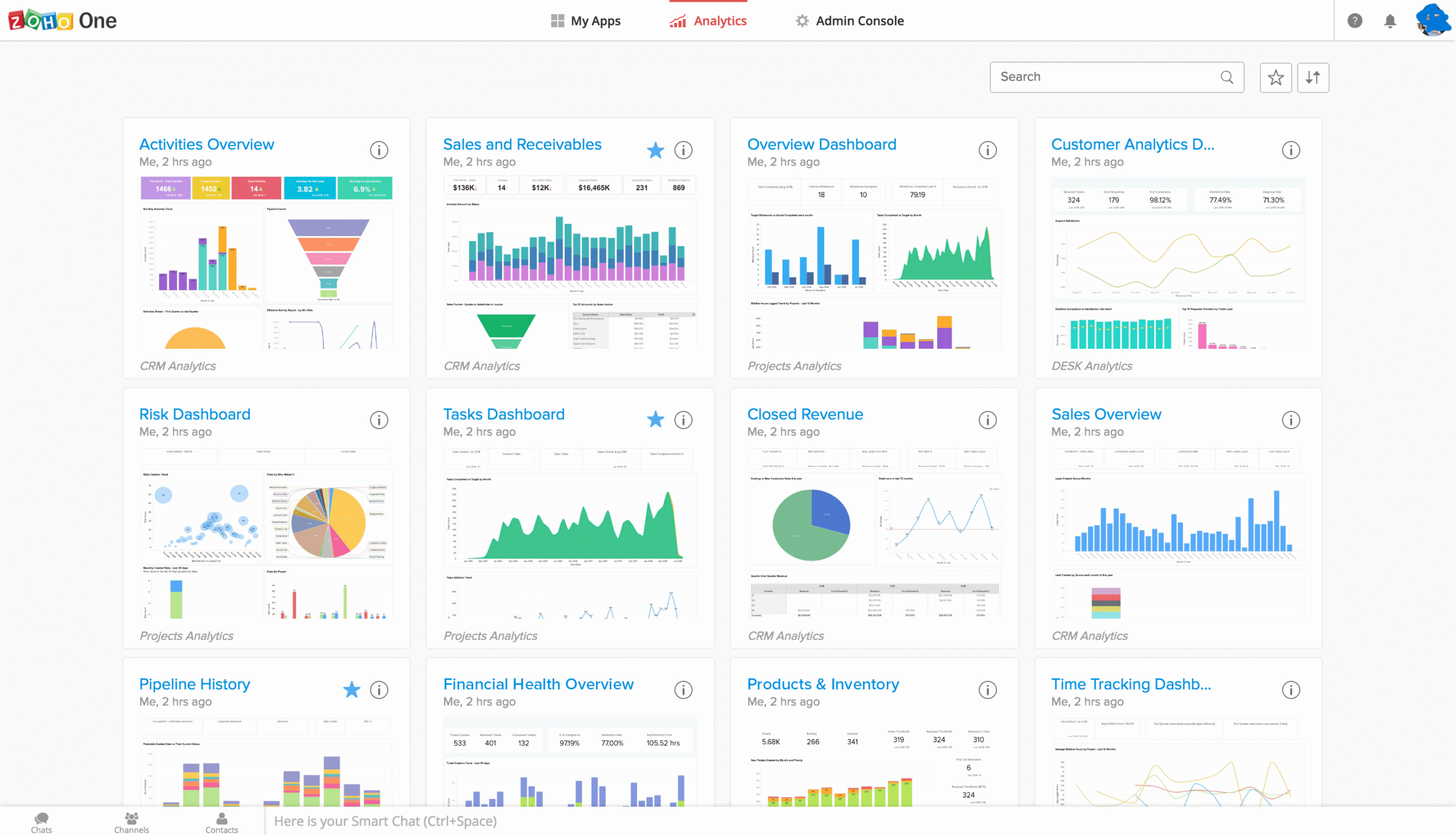Why Are Organic Keywords Decreasing? .. If you’ve been monitoring your SEO performance in Google Search Console or SEMrush, you might have noticed a worrying trend: your organic keywords are decreasing. Pages that once ranked for dozens of search terms now appear for far fewer, and impressions are dropping.
Before you panic, know this: keyword fluctuations are common, but consistent decline signals deeper issues. In this 2025 guide, we’ll explore why organic keywords decrease, what it means for your site, and proven strategies to fix it—aligned with Google’s latest Search Essentials and Helpful Content guidelines.
Why Organic Keywords Are Decreasing
There isn’t a single reason; it’s usually a combination of technical, content, and algorithmic factors. Let’s break them down.
1. Google Algorithm Updates
-
Google constantly refines ranking signals with Core Updates, the Helpful Content System, and the new Search Generative Experience (SGE).
-
If your content lacks E-E-A-T (Experience, Expertise, Authoritativeness, Trustworthiness), rankings and keyword visibility may drop.
-
Example: After the 2024 Core Update, many affiliate sites saw a 40–60% decline in ranking keywords because their reviews weren’t backed by real experience.
2. Increased Competition
-
Every niche is more competitive in 2025.
-
New websites, AI-driven content farms, and brand publishers fight for the same keywords.
-
If your competitors publish fresher, more comprehensive content, Google might prefer them.
3. Declining Content Relevance
-
Content that isn’t updated loses freshness and topical authority.
-
Example: An article titled “Best Laptops 2022” in 2025 is outdated, so Google replaces it with fresh alternatives.
4. Search Intent Shifts
-
User queries evolve with time.
-
Example: In 2020, people searched “work from home tools.” By 2025, they search “AI productivity apps.”
-
If your content doesn’t match current intent, you lose keywords.
5. Technical SEO Issues
-
Slow website speed, poor Core Web Vitals, crawl errors, or missing indexing directives can push pages out of SERPs.
-
Example: If a blog has duplicate canonical tags, Google may ignore the wrong page, reducing keyword rankings.
6. Low-Quality / Thin Content
-
Pages with <500 words, no unique insights, or keyword stuffing get devalued.
-
With AI content flooding the web, originality and first-hand expertise are more critical than ever.
7. Backlink Profile Weakness
-
If competitors build strong, relevant backlinks and you don’t, your authority decreases.
-
Toxic backlinks can also hurt performance, especially after spam updates.
8. Impact of Generative AI in Search (SGE)
-
Google’s SGE often answers queries directly in AI snapshots.
-
This reduces clicks for traditional blog posts, shrinking keyword visibility.
9. Over-Dependence on Branded or Irrelevant Keywords
-
If your site ranks mainly for branded queries, you might lose non-branded organic keywords.
-
Example: A fashion store ranking only for its brand name but not for “summer dresses under 2000.”
How to Fix Decreasing Organic Keywords
Now, let’s move from diagnosis to solutions. Here’s how to recover and grow keyword visibility in 2025.
1. Audit & Refresh Content Regularly
-
Use tools like SEMrush, Ahrefs, or Search Console to identify declining pages.
-
Update articles with:
-
New stats & data
-
Current trends & keywords
-
Fresh internal/external links
-
-
Example: Update “Best Construction Materials in India” yearly with cost, durability, and eco-friendliness data.
2. Align Content with User Intent
-
Segment content into informational, transactional, navigational, and local intent.
-
Example:
-
Informational → “What is Fly Ash Brick?”
-
Transactional → “Best Fly Ash Brick Manufacturers in Delhi”
-
3. Build Topical Authority with Clusters
-
Create pillar pages supported by detailed cluster blogs.
-
Example:
-
Pillar: “Wheat Beers in India”
-
Cluster: “Best Wheat Beers under 500,” “Food Pairings with Wheat Beer,” “Alcohol % of Top Wheat Beers”
-
4. Improve E-E-A-T
-
Add author bios with credentials.
-
Showcase first-hand experience (photos, case studies, reviews).
-
Cite trusted sources.
5. Optimize for Generative AI Search
-
Create content with clear, concise answers (to get featured in SGE).
-
Add FAQs & structured data.
-
Example: Use
FAQPageschema to increase chances of being pulled into AI snippets.
6. Fix Technical SEO Issues
-
Audit using Screaming Frog, Sitebulb, or Search Console.
-
Key fixes:
-
Improve Core Web Vitals
-
Resolve crawling/indexing errors
-
Ensure mobile-first design
-
7. Strengthen Backlink Profile
-
Build links via:
-
Guest posts
-
Niche directories
-
PR features
-
Digital assets (infographics, data reports)
-
8. Add Multimedia Content
-
Videos, infographics, podcasts, and interactive charts increase engagement.
-
Example: Instead of a plain blog on “Mandir Timings,” add images, videos, and maps.
9. Use Schema Markup
-
Implement schema for higher CTR:
-
Article/BlogPosting -
FAQPage -
HowTo -
Product(for reviews)
-
10. Leverage Analytics & AI Tools
-
Use Search Console to track lost keywords.
-
Use AI tools for content gap analysis, but always add human expertise.
Case Study Example
A real estate blog saw a 35% decline in organic keywords after Google’s 2024 Core Update. Here’s how they recovered:
-
Removed thin pages (<400 words).
-
Updated top guides with 2025 housing schemes.
-
Built location-based content clusters (city → builders → projects).
-
Added
FAQschema and author credentials.
👉 Within 4 months, they regained 50%+ lost keywords and improved impressions by 60%.
Conclusion
A decrease in organic keywords is not the end of the road—it’s a signal that your SEO strategy needs realignment. In 2025, the key to success is E-E-A-T-driven, helpful content backed by technical SEO, topical authority, and user intent optimization.
If your keywords are dropping, don’t chase quick fixes. Instead, audit, refresh, and rebuild authority step by step. By doing this, not only will your keywords recover, but your brand will be future-proof against Google’s evolving algorithms.
💡 Pro Tip: Treat every content piece like a long-term asset. Update it, interlink it, enrich it with media, and support it with backlinks. That’s how you win back your keywords—sustainably.










